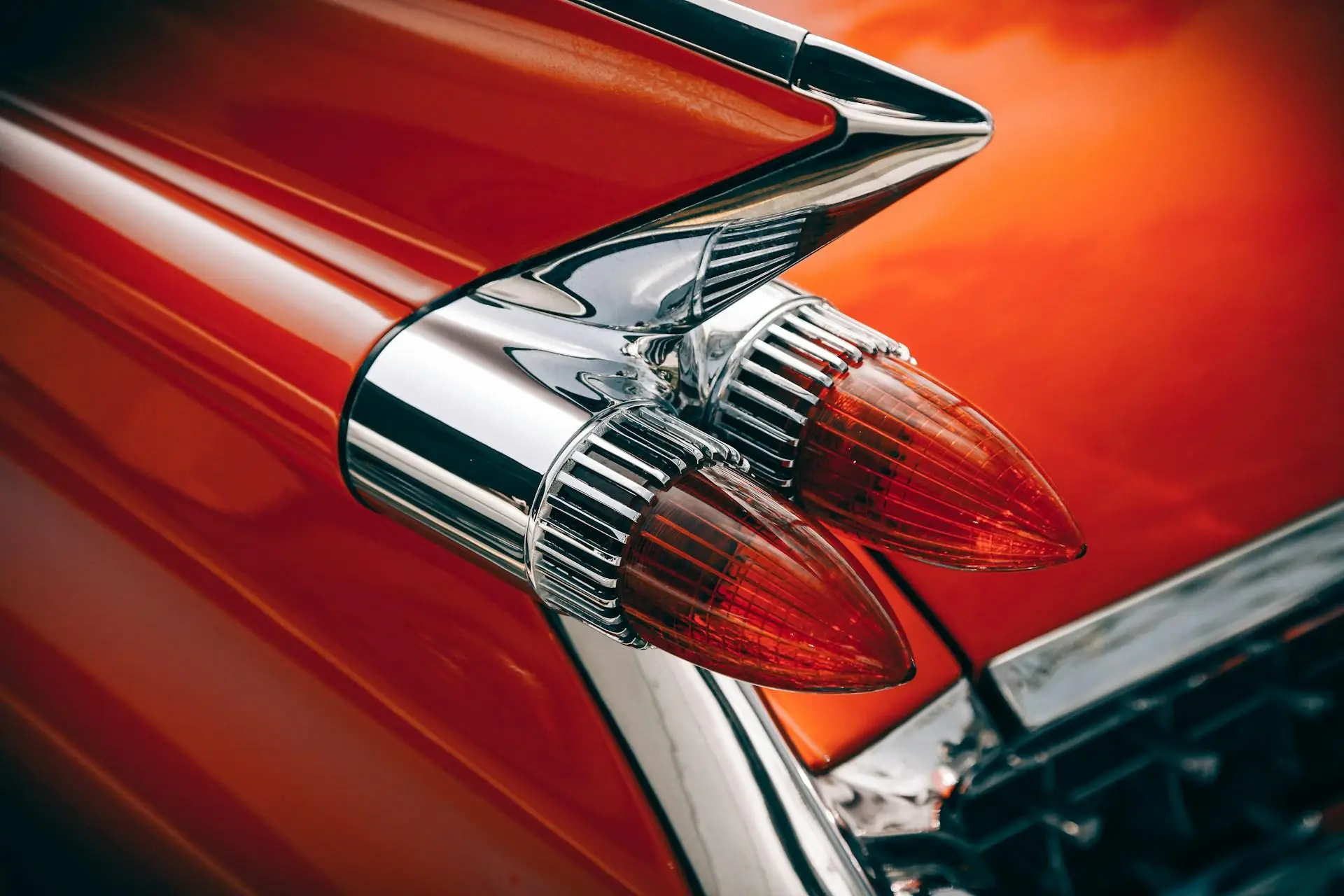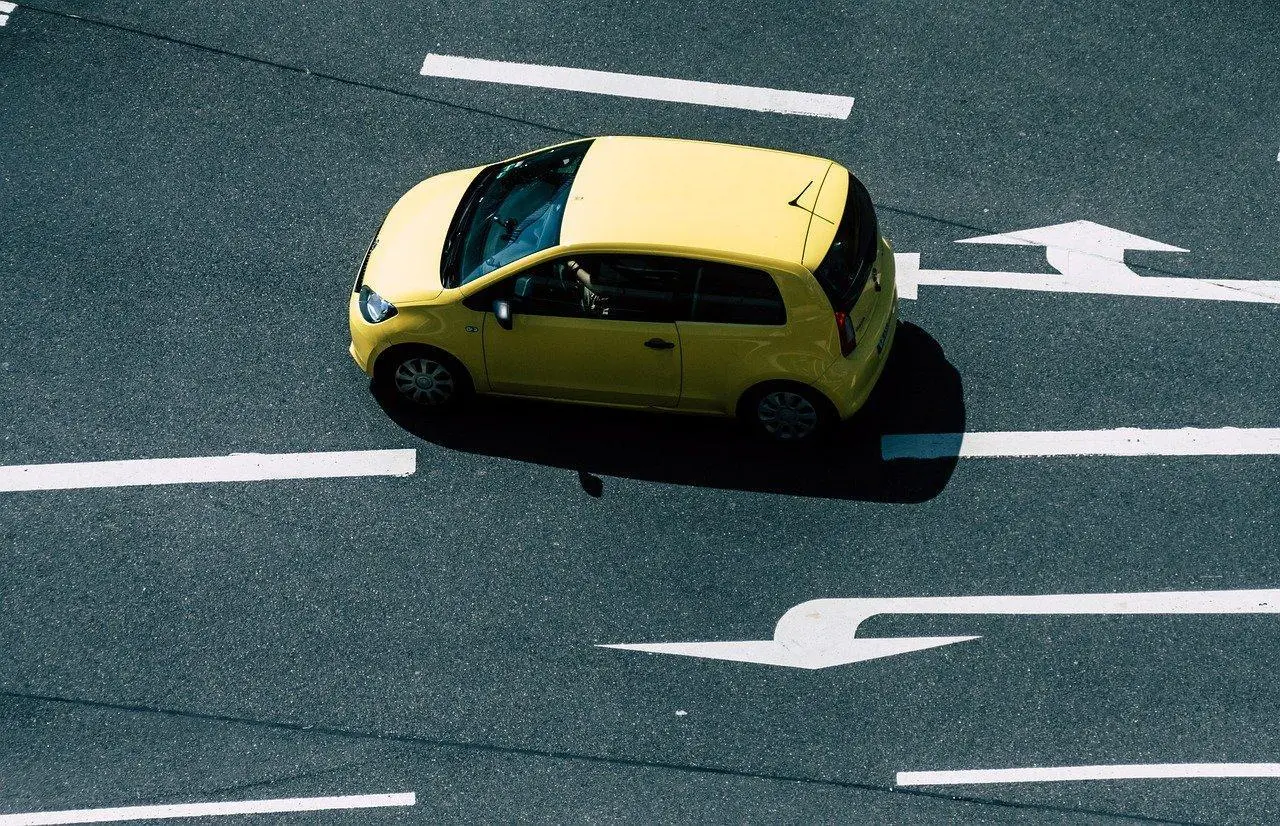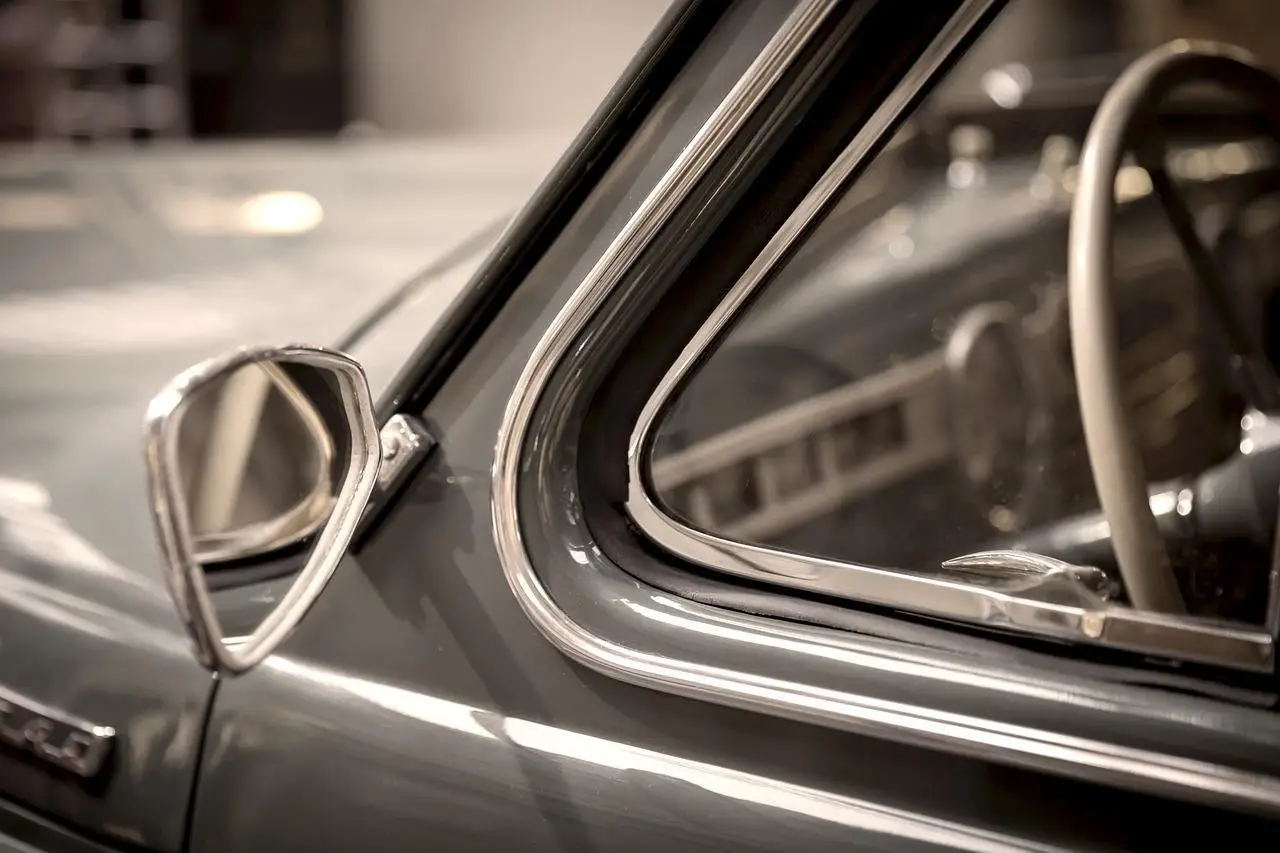Classic cars are more than just vehicles from the past; they are storytellers of bygone eras, reflecting the cultural, economic, and technological transformations that have shaped the modern world. These vintage automobiles encapsulate tales of innovation, style, and societal shifts, making them fascinating subjects for both car enthusiasts and historians alike.
The Timeless Appeal of Classic Cars
Classic cars captivate audiences with their timeless appeal, offering a glimpse into the automotive craftsmanship of the past. Unlike their modern counterparts, classic cars were often handcrafted, showcasing unique designs and intricate details that are rarely seen in today’s mass-produced vehicles. The allure of these cars lies in their ability to transport individuals back in time, providing a tangible connection to history.
Icons of Innovation
Classic cars are symbols of innovation, representing technological advancements that were groundbreaking in their time. From the introduction of the assembly line by Henry Ford to the development of the first luxury vehicles by brands like Rolls-Royce, these cars highlight pivotal moments in automotive history. By examining classic cars, one can trace the evolution of automotive technology and appreciate the ingenuity that paved the way for modern advancements.
Cultural Reflections
Each classic car tells a story about the culture and society from which it emerged. The design and functionality of these vehicles often reflect the values and aspirations of their era. For instance, the sleek, aerodynamic designs of the 1950s and 1960s mirrored the optimism and forward-thinking mindset of the post-war period. Similarly, muscle cars of the 1970s embodied the spirit of rebellion and freedom that characterized the decade.
Economic Indicators
Classic cars also serve as economic indicators, reflecting the financial climate of their time. During periods of economic prosperity, cars became more elaborate and luxurious, while economic downturns often resulted in more modest and utilitarian designs. By studying these vehicles, one can gain insights into the economic conditions that influenced their production and popularity.
The Role of Classic Cars in Modern Popular Culture
In today’s world, classic cars continue to play a significant role in popular culture. They are frequently featured in films, television shows, and music videos, often symbolizing nostalgia, romance, or adventure. This enduring presence in media not only highlights their aesthetic appeal but also underscores their continued relevance in modern storytelling.
The Classic Car Community
The passion for classic cars has given rise to a vibrant community of enthusiasts who dedicate their time and resources to preserving these vehicles. Car clubs, exhibitions, and auctions provide platforms for enthusiasts to share their love for classic cars and exchange knowledge. This community plays a crucial role in keeping the stories of these cars alive, ensuring that they continue to be appreciated by future generations.
Restoration: Breathing New Life into Classic Cars
Restoration is a key aspect of the classic car world, allowing these vintage vehicles to be enjoyed in their original glory. The process of restoring a classic car is meticulous, often involving the sourcing of rare parts and the application of traditional techniques. Through restoration, enthusiasts not only preserve the physical aspects of the car but also the historical narratives they embody.
The Investment Potential of Classic Cars
Beyond their historical and cultural significance, classic cars are also considered valuable investments. The rarity and desirability of certain models can lead to significant appreciation in value over time. As such, classic cars are often seen as tangible assets that offer both aesthetic pleasure and financial returns.
Challenges in Classic Car Preservation
Despite their enduring appeal, classic cars face several challenges in preservation. Issues such as rust, outdated technology, and the scarcity of original parts pose significant hurdles for enthusiasts. However, advancements in technology and the dedication of the classic car community continue to overcome these obstacles, ensuring that these vehicles remain roadworthy.
The Future of Classic Cars in a Modern World
As the automotive industry shifts towards sustainability and electric vehicles, the future of classic cars is a topic of much discussion. While some view these vehicles as relics of a bygone era, others see them as timeless treasures that will continue to captivate future generations. Efforts to adapt classic cars with modern technologies, such as electric conversions, highlight the ongoing evolution of these beloved machines.
In summary, classic cars are not just remnants of the past; they are vibrant storytellers that continue to captivate and inspire. By examining these vehicles, one gains insights into the cultural, economic, and technological narratives that have shaped the modern world, ensuring that their stories remain relevant for years to come.











